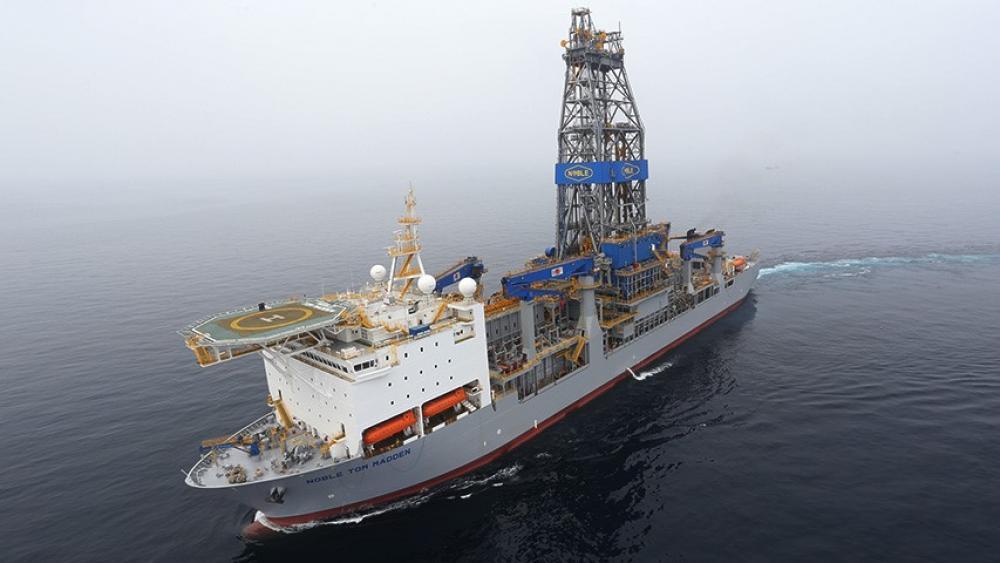HOUSTON, TEXAS (By Curtis Williams, Reuters, 22.Jul.2025, Words: 487) — Exxon Mobil has begun negotiations with the Trinidad and Tobago government to explore for oil and gas in up to seven deepwater blocks off the East Coast of the Caribbean country, which the top U.S. oil producer left more than two decades ago, two sources close to the talks told Reuters.
The areas Exxon is interested in are located north of the company’s prolific Stabroek block in Guyana, the fastest-growing oil production province in the world, the people said.
RELATED: Trinidad and Tobago extends deep water bidding round to 17 Sep. 2025
The areas Exxon is interested in are located north of the company’s prolific Stabroek block in Guyana, the fastest-growing oil production province in the world, the people said.
Exxon and partners Hess and CNOOC have discovered more than 11 billion barrels of recoverable oil and gas in Stabroek and plan to produce more than 900,000 barrels per day of light sweet crude later this year.
Trinidad’s Energy Minister Roodal Moonilal did not respond to Reuters’ request for comment. Exxon said it does not comment on rumors or speculation.
Exxon left Trinidad and Tobago in 2003 after a failed exploration program.
Under the new government of Prime Minister Kamla Persad-Bissessar, Trinidad aims to rejuvenate investment, especially offshore, where more gas output is needed to support the nation’s liquefied natural gas (LNG) and petrochemical industries.
Since she took office in April, a flagship offshore gas project with neighboring Venezuela that lost its U.S. authorization to move forward has been shelved, while the government has focused efforts on deepening ties with the region’s other energy producers.
According to Trinidad’s laws, the government can individually negotiate areas for exploration and production if they are not included in a competitive bidding round.
RELATED: Trinidad and Tobago PM on state of emergency, safety issues [statement]
Trinidad and Tobago is in the middle of a deepwater auction that has been extended to close on September 17, and which does not include the blocks Exxon is negotiating for.
If Exxon and Trinidad reach an agreement, the U.S. producer could acquire almost all the ultra deepwater blocks that remain unlicensed.
The large discoveries of oil and gas made in recent years in the Guyana-Suriname basin are one of the reasons why Trinidad is now seeing a renewed interest in its ongoing deepwater auction, the country’s energy minister said at a conference early in July.
Moonilal also said Trinidad was open to bids outside of auctions and hinted at the negotiations.
“We are currently considering one such proposal, and if the negotiations are successful, a major announcement will soon be made,” he added.
RELATED: Suriname inaugurates first female president Jennifer Geerlings-Simons
____________________
Reporting by Curtis Williams in Houston; additional reporting by Sheila DangEditing by Marguerita Choy


